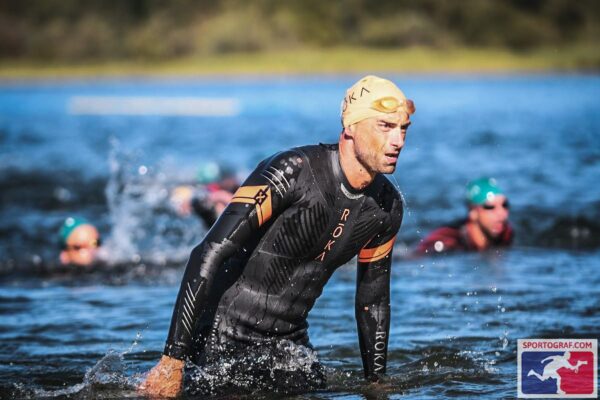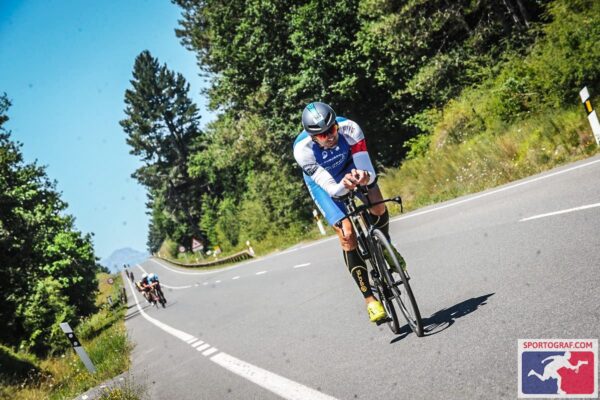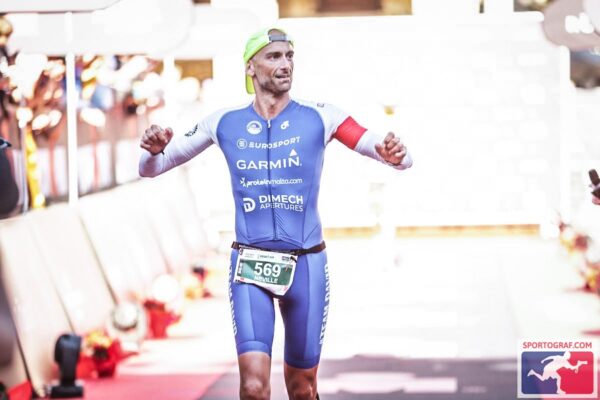
Completing an IRONMAN triathlon taught me these 5 crucial life lessons
18 minutes to read
by Neville Micallef
Whether clinically insane or merely ambitious, I was deeply curious to see whether I had it in me to commit to such a gargantuan challenge. Would I have the mental, emotional, and physical capacity to see this thing through?
At Scope, we love it when our Scopers have exciting ambitions and goals outside of work. We want our people to be well-rounded individuals who feel empowered to follow their passions and interests, whatever they may be, to the max. That’s why we strive to create a work culture that actively promotes a healthy work-life balance, and which gives our people the time and flexibility they need to pursue their passions in earnest.
Speaking from experience, Scope and the entire team have been there to back me in what was, without doubt, one of the craziest challenges I’ve ever set myself.
A few years ago, I found myself suddenly fixated with the idea of attempting an IRONMAN triathlon. Now, this burst of interest came as a total surprise to me. For one, I’ve never been an overly sporty or athletic guy. Secondly, even among seasoned athletes, a full-distance triathlon is widely considered to be one of the most difficult sporting challenges in the world. It consists of a 3.8 km swim, followed by a 180 km bicycle ride, and then a marathon 42.2 km run, which on average take participants a gruelling 12 to 13 hours to complete.
Whether clinically insane or merely ambitious, I was deeply curious to see whether I had it in me to commit to such a gargantuan challenge. Would I have the mental, emotional, and physical capacity to see this thing through?
I began training back in 2018 and since then I’m proud to say I’ve completed not one, but two IRONMAN triathlon events. The entire experience has proved to be a life-changing journey that shaped me into the athlete I never knew I could be. But more importantly, the experience has equipped me with many crucial lessons that continue to help me in my daily life and through business.
#1 – Competing against yourself pushes you to reach your true potential
While you could say there’s an element of competing against others in triathlon, the differences in age groups, weights, and body types of each participant ultimately renders the competitive aspect a bit pointless. Some are professional athletes at peak performance. Others are relative newcomers. In reality, the true competition is against yourself. Throughout each training session, each sport of the event, you’re always trying to be better, faster, improve on your previous record. And when you do see progress, it’s an incredibly rewarding experience that pushes you on even further. It’s also a surprisingly addictive feeling.
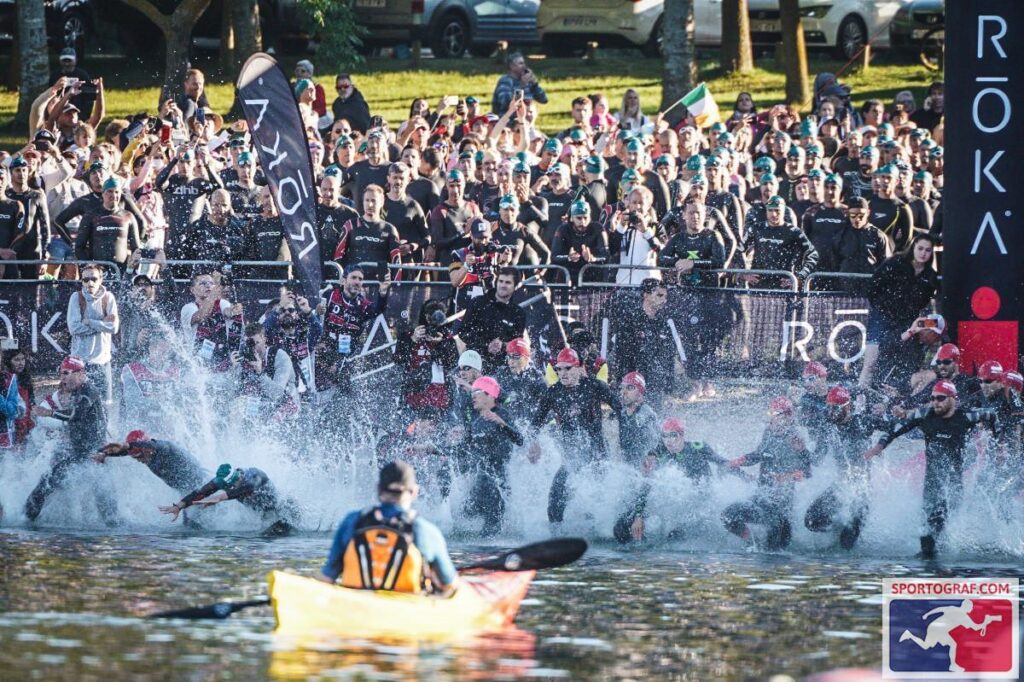 That’s why since I’ve started training for triathlon, I’ve noticed myself setting little challenges for myself throughout my daily life and at work. When a task has become too repetitive, instead of letting monotony and boredom set it, I see whether I can get the job done more efficiently with better results. It’s not always about succeeding but about pushing the boundaries, exploring the possibilities. It also adds an extra dimension to my daily routine, reminding me that I should never rest on my laurels, but that, no matter how old or experienced I am, there’s always potential for improvement, room to grow, space to adapt and change the habits that I’ve become accustomed to. This also means tasks become exciting and “new” once more. Ultimately, I truly believe a healthy element of competition against yourself can keep you sharp and relevant.
That’s why since I’ve started training for triathlon, I’ve noticed myself setting little challenges for myself throughout my daily life and at work. When a task has become too repetitive, instead of letting monotony and boredom set it, I see whether I can get the job done more efficiently with better results. It’s not always about succeeding but about pushing the boundaries, exploring the possibilities. It also adds an extra dimension to my daily routine, reminding me that I should never rest on my laurels, but that, no matter how old or experienced I am, there’s always potential for improvement, room to grow, space to adapt and change the habits that I’ve become accustomed to. This also means tasks become exciting and “new” once more. Ultimately, I truly believe a healthy element of competition against yourself can keep you sharp and relevant.
#2 – Being part of a community with a common goal will spur you on
You may be competing against yourself in triathlon, but that’s not to say it’s a lonely or solitary experience. Far from it. Across the many weeks and months that I began preparing for the triathlon event, I was training as part of a group. Over time, you get to form a unique bond with these people who come from all walks of life. And because there’s a common goal between you, you find that you can better understand the challenges each other are facing.
When you see your training buddies succeed, it gives you heart that with enough time and effort, you too will succeed. And when you fail, there’s a community around you to support you and to offer insightful advice based on first-hand experience. Training in a group means you end up performing even better because you feel part of a system that is working,
The same applies to business. I’ve found a new appreciation for our team at Scope since taking on triathlon. Each of us in the team comes to the table with different skills, unique experiences, even our own personal goals and career ambitions perhaps. But because collectively we’re collaborating to deliver exceptional projects for our clients, it ensures we’re united in purpose and can rely on each other to succeed, especially when we’re faced with challenges.
It gives you heart that with enough time and effort, you too will succeed!
#3 – There’s room for a plan and room to adapt
When you compete in a triathlon you enter the event prepared to a T. You know how you’re going to tackle the swim, the heart rate you need to maintain during your run, and what power you’re going to exert on the bike. You have a detailed food strategy and know where the aid stations are located. You even bring a set of tools along in case of a bike failure. So, yes, you’re ultra-prepped to deal with each facet of the triathlon.
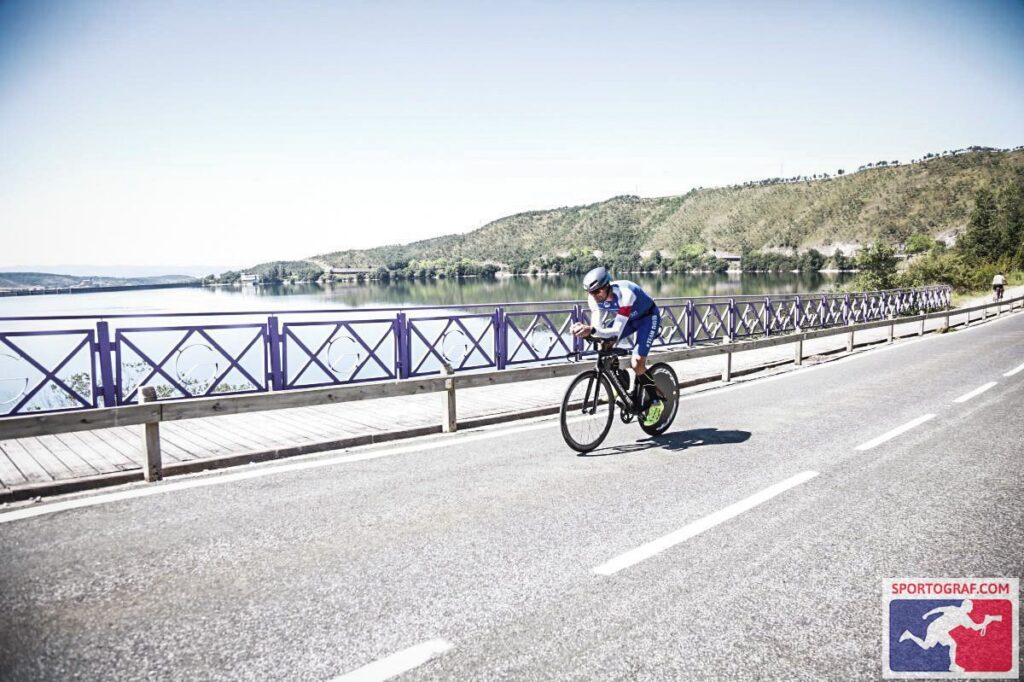 And yet, a triathlon will inevitably throw up eventualities you hadn’t bargained for. That’s why as part of your training you also learn to improvise. Just because something doesn’t go to plan, that doesn’t mean it’s game over. Through the experience you gain in training and from previous events, you learn to adapt to the situation and overcome the obstacles in your way. What’s more, often these little victories can be some of the most rewarding moments in your triathlon.
And yet, a triathlon will inevitably throw up eventualities you hadn’t bargained for. That’s why as part of your training you also learn to improvise. Just because something doesn’t go to plan, that doesn’t mean it’s game over. Through the experience you gain in training and from previous events, you learn to adapt to the situation and overcome the obstacles in your way. What’s more, often these little victories can be some of the most rewarding moments in your triathlon.
I must say I am someone who loves a plan, especially at work. But not allowing room for change will only spell disaster for a project. The more adaptable you can learn to be, the better you’ll be able to effectively handle challenges without them getting the best of you. And many times, it’s those unexpected obstacles that show us how resilient and resourceful we can be.
#4 – When the mountain appears unconquerable, focus on the next small milestone
Taking on a triathlon is a massive challenge for anyone, even highly trained athletes. It’s also true that no matter how hard you train, once you’re in the thick of the event, your mind will start to play tricks on you, making you believe you can’t get through it, that the pain is too much, telling you that there are another 10 miserable hours to go so you might as well give up now. Even when the hardest parts were over and I had almost reached the end of my triathlon events, I’ve found myself thinking I won’t make it till the end.
At times like these, it’s crucial to put the seemingly impossible end-goal out of mind. Instead, focus on more manageable milestones within easier reach. By tricking yourself into a few easy wins, you’ll boost yourself to carry on that bit more, until you hit the next milestone. Then, almost inevitably, that next milestone will spur you on to tick off the next. Before you know it, you’re most of the way there. That seemingly impossible task is almost complete.
I’ve found the same analogy has proved to be helpful to me in business. Some projects will seem too huge and downright impossible. But in actual fact, each project can be broken down into a series of manageable tasks. As you keep working steadily through each of them, you’ll soon find that that impossible mountain was conquerable after all.
#5 – Great rewards are born of great sacrifices
There’s no two ways about it. Preparing for a triathlon requires a lot of hard work and dedication. In the build-up to an event, I wake up at 4.30am to make sure I get a pool session in before heading to the office. After a long week of work, when I’d rather be slumped in front of Netflix, I might have to force myself out the door for a long bike ride or run. All the sacrifices can feel like too much at times. But I tell you what, after running past the final line at my IRONMAN event, all those early mornings and strenuous training sessions seemed like a little price for the incredible feeling of euphoria and pride I felt in my achievement.
Work also requires sacrifices. Not every project is plain-sailing. And many times, a new business idea will require additional research and work outside of day-to-day tasks. But it’s reassuring to know that those sacrifices will be worth it in the end. Even if your initial intention doesn’t come to full fruition, you’ll undoubtedly have learnt a lot along the way, which may inspire you to follow newly discovered paths. The more energy and passion you pour into something you’re passionate about also means it becomes easier and less strenuous over time. The more prepared you are, the more you can deliver a better execution.
Completing two triathlons have certainly been among my proudest achievements in life. It’s also been an incredibly enriching experience on a personal level, helping me grow in so many ways. But if you take anything away from this, it’s not that you should be competing for a triathlon. It’s that, whatever it is you wish to pursue in life, dive in with nothing but passion and begin the journey ready to make sacrifices, open to learn, and willing to discover surprising insights about yourself.


